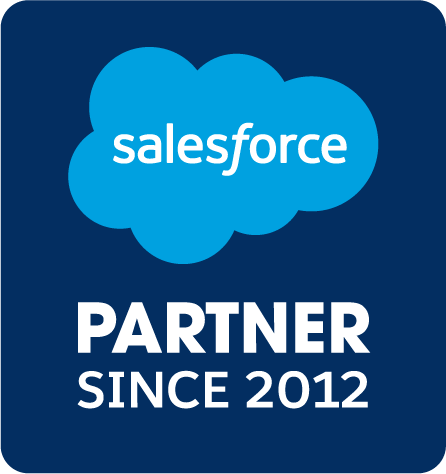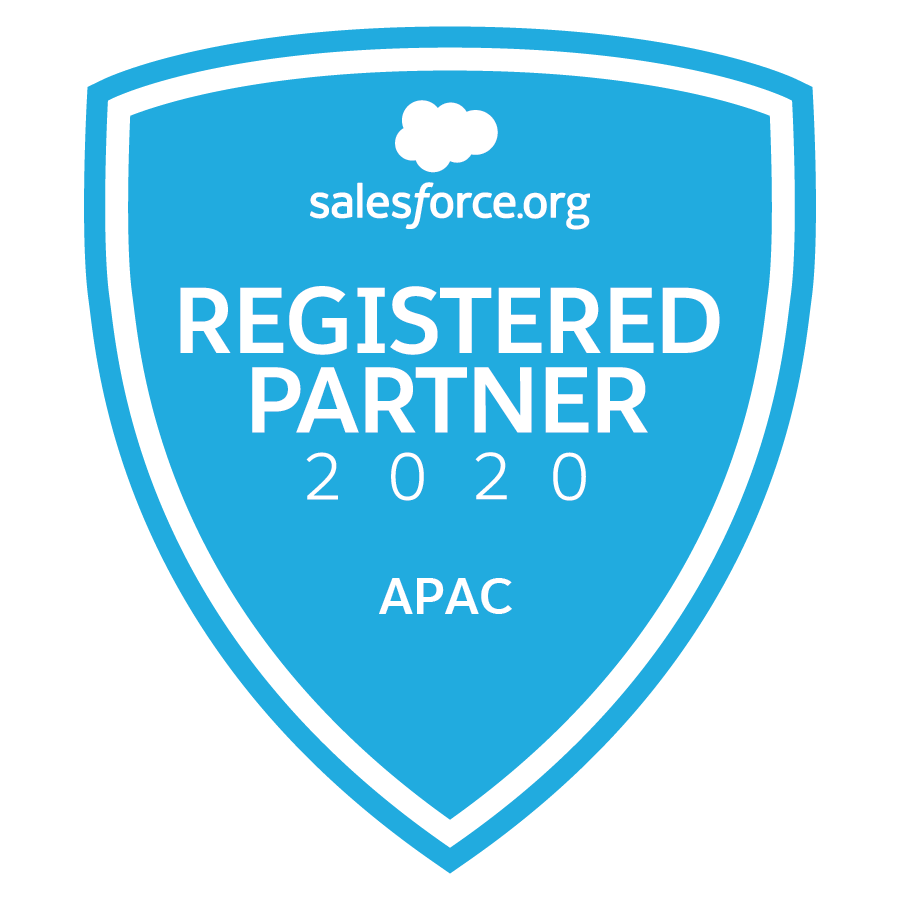SMS Identity Confirmation – What you need to know…
Before I started working with Salesforce, I assumed it was just a cloud-based CRM (customer relationship management). Similarly, I am still finding many companies and people that still think the same way. However, it is so much more. Salesforce is a platform, allowing things to be built on it. What does this mean?
As a lead consultant on many Salesforce projects, I have gone far beyond the realms of simply CRM, and that is where I find Salesforce shines and stands out. Sure, out-of-the-box, Salesforce gives you all the objects you need to build a CRM – Leads, Accounts, Contacts, Opportunities, Products, etc. But businesses in both the B2B markets and the B2C markets often have processes that stretch beyond these needs and would love for the system to cater for these. Luckily, it does.
The first place to look is on Salesforce’s AppExchange. This contains thousands of third-party applications that are installed on top of Salesforce, or provide a connector to another system, thereby extending Salesforce’s capabilities immensely. Apps enable people to extend Salesforce function, from completing and reporting on feedback, to advanced product configuration and management via CPQ tools, to full-blown ERP’s built on the Salesforce platform. There are many blogs out there and reviews on products found on the AppExchange, which should be referenced when thinking of using one. Also, they can all be installed into a Sandbox prior to use in production to ensure it accomplishes the business goals.
If a business’s processes are quite specific for a pre-built application to apply, the next option is building it out yourself. Salesforce gives you the ability to easily create fields, objects and relationships between the objects with a viewable schema diagram of these. There are numerous declarative automation tools available on the platform such as Workflow, Visual Flow, Lightning Process Builder, formula fields and roll-up summary fields; and all of these can be done without the need of any knowledge of code. Coded options then extend the power further, even allowing you to design pages with a completely different user interface.
As Salesforce consultants, we have designed and built post-sales job management solutions, variation management, automated invoicing based on job progress, resource scheduling, drag and drop production scheduling, drag and drop transport planning, labour hours forecasting, storage forecasting, advanced case management and customer service solutions, simple pages for users to quickly update multiple records in one go, integration to websites, finance systems, ERP’s and inventory management solutions.
All of these business-specific solutions greatly extend the capabilities of what users are using Salesforce to do, and all are extending the power of the CRM system. In short, it means that users can do most of the things they need to do for the business all within Salesforce, thus efficiency skyrockets.






